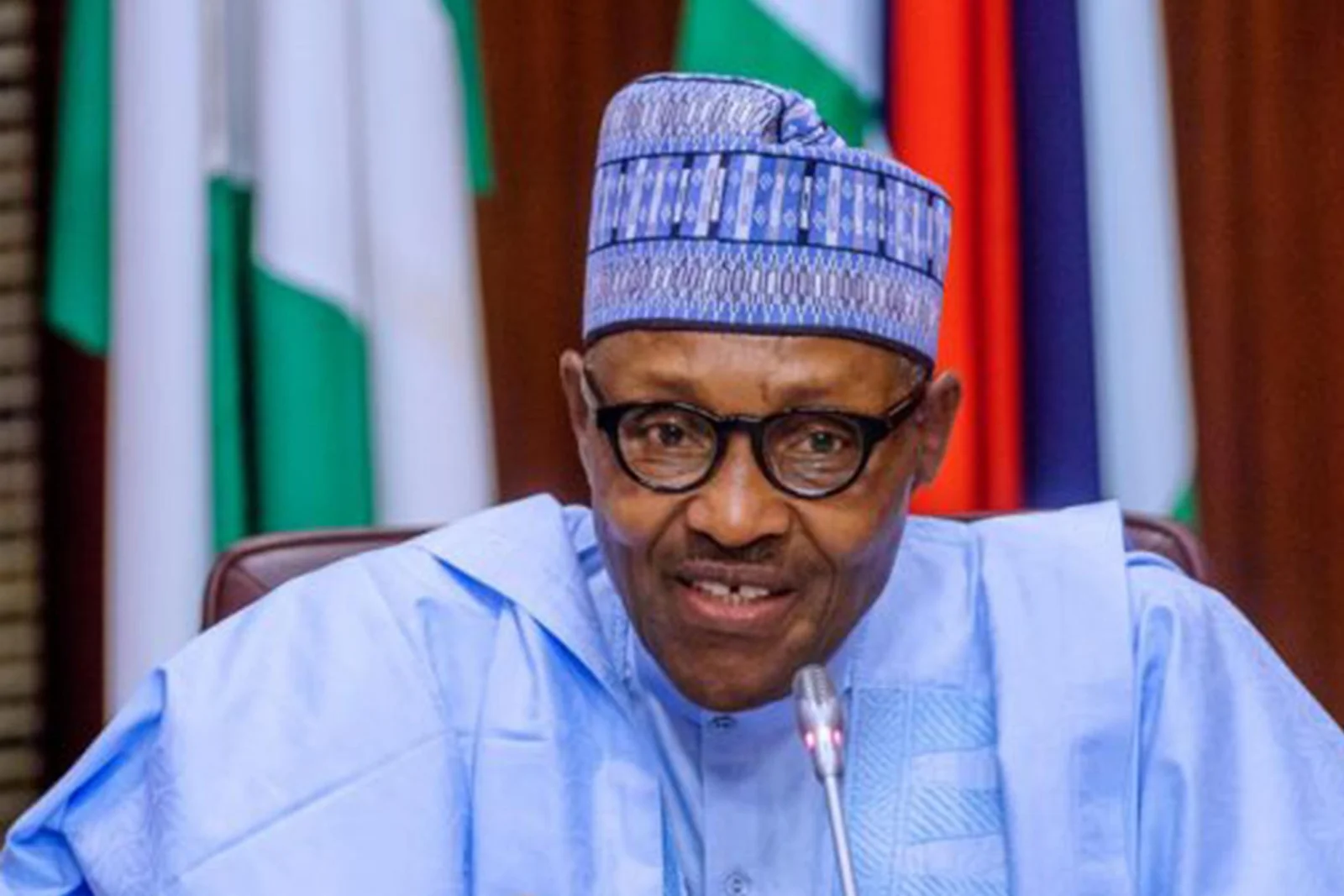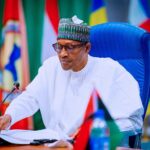By Isaac Atunlute
In March 2015, Nigerians voted the late ex-president Muhammadu Buhari into power in what was an unprecedented electoral triumph since Nigeria’s independence. Expectations ran high. The opposition leader embodied discipline, moral fortitude, and a no-nonsense streak that stemmed from his stint as a military ruler in the 1980s. He launched the “War Against Indiscipline” campaign during his military regime to enforce public order and accountability.
In constrast to the mostly corrupt elite, the former president came across as simple and not given to the trappings of power, which endeared him to most Nigerians in 2015.
He was hailed as an anti-corruption crusader—the messiah that would root out corruption in the country and rid it of its bad eggs.
However, the next eight years proved to be a wild ride from the visions that the opposition leader had espoused during his campaigns. Between 2016 and 2020, the country slipped into two recessions. In 2016 particularly, Nigeria’s economy contracted to as much as 2.06%.
The naira’s value to the dollar sank to ₦745 in 2023, up from ₦197 in 2015, when he was elected but.
Insecurity, yet another area of reform which was promised by Buhari, deepene, with armed violence turning ordinary Nigerians into Internally displaced persons (IDPs).
Under his watch, Nigeria was destabilized by the development of bandits, mass kidnappings, and rampant insurgency amidst billions spent on defense and his famous remarks about Boko Haram being “technically defeated.”
Between 2019 and 2023, Nigeria reportedly lost nearly 25,000 citizens to violence, with kidnappings reported in regions like the federal capital territory (FCT) and Lagos previously considered safe.
These weren’t policy errors, they were indicative of an even broader problem, the risk in placing faith in people, not institutions.
Beyond the failed promises, Buhari’s presidency holds a mirror to Nigeria’s collective vulnerability.
Nigerians are prone to placing all their hope of rescue in a person, mistaking army regalia for technocratic skill and equating integrity with strategy.
In doing so, the electorate have often ignored the critical need for competence, vision, and systems thinking. The consequences were predictable, a government led more by sentiment and symbolism than by structured plans or effective governance.
But therein lies the lesson and the opportunity. Nigeria’s future isn’t replacing one symbol with another but to put an end once and for all to widespread beliefs that only a messiah can save the country.
The country doesn’t need a saviour. What it requires is system builders, collaborative citizens, and competent leaders with a keen understanding of the complex process of governance.
Instead of demanding heroism, Nigerians should demand evidence – where have they led before? What systems do they construct? How do they handle opposition? Do they publish data? Are they willing to be audited?
The eight years Buhari’s presidency suggests that personal piety is not enough to govern a nation as complex as Nigeria.
Anti-corruption is an administrative task which is as much about infrastructural development, independent oversight, and consistent enforcement.
The election of a leader should be founded on transparency, not leadership personality. The Nigerian electorate deserves clear answers to pressing questions – what are the candidate’s plans, are they measurable, who is on their team, how will they rule.
Buhari’s presidency should not be remembered as a cautionary tale—one that should continued to be reflected upon for its vast lessons the ills of sacrificing track record over hope and promises.
Leadership should not be a leap of faith. It should be a choice grounded in track record existing systems that hold power accountable.
The most democratic thing Nigerians can do is to stop waiting for a hero but to build a culture that no longer needs one.
If Buhari’s legacy teaches anything, it’s that voters must prioritize clarity over charm. Nigeria needs structures, not banners of hope.
In 2015, Nigerians elected Muhammadu Buhari as president due to his reputation for discipline and anti-corruption, built from his time as a military ruler. However, his presidency, marked by two economic recessions and increased security instability, displays a significant gap between expectations and reality. The naira depreciated significantly, and insecurity issues worsened despite substantial defense spending. These failures highlight Nigeria's tendency to place undue faith in individuals rather than robust institutions.
The lesson from Buhari’s presidency is the need for Nigeria to prioritize competent leadership, collaborative governance, and system building over messianic leadership. Future electoral successes should be predicated on transparency and accountability, with clear plans and measurable goals rather than personal charisma. The Nigerian electorate should demand evidence of past leadership success and systems development, moving away from placing hope in individuals to developing a governance framework that doesn't depend on a single leader or figure. Nigeria’s democratic progress relies on clarity and competence rather than mere charm and symbolism.






